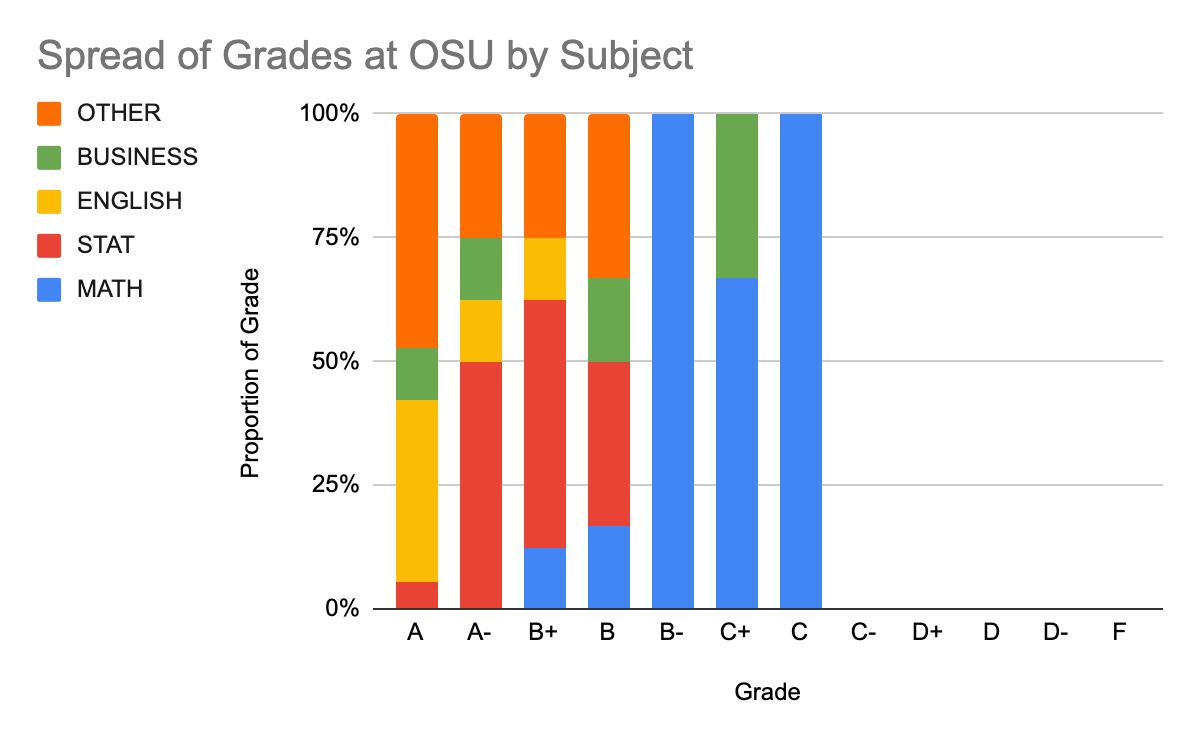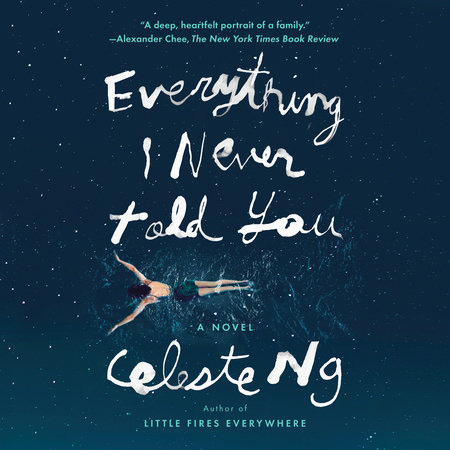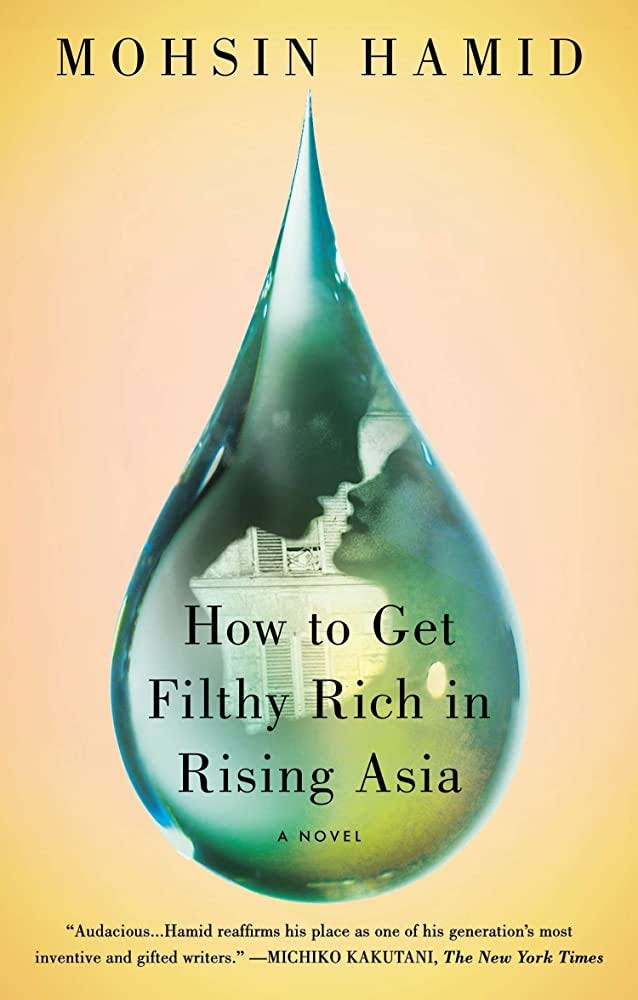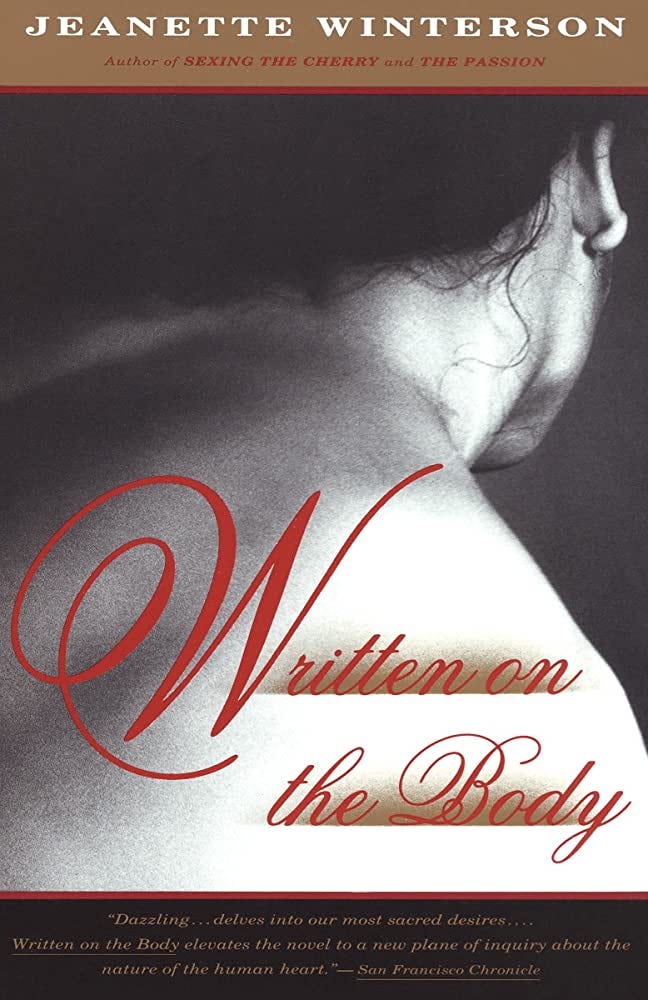You'll Never Believe What The Hardest Class At Ohio State For This Statistics Major Was
PROFESSORS HATE HIM FOR REVEALING THEIR SECRET. NOT CLICKBAIT.
Good morning, good afternoon, or good night newsletter reader.
As many of you know, I just graduated from The Ohio State University with a B.S. in statistics and a minor in english. When I first started at Ohio State, I originally wanted to study physics. I use the word “want” loosely here; you could imagine how difficult those classes were. After taking a year and half’s worth of courses. I switched to undecided for a while, switched into data analytics, then finally into statistics. My english classes were the only studies I started from the beginning and held onto until I graduated.
After graduation, I spent a lot of time reflecting on what I had learned. It's something that I haven’t come up with an answer for yet and I doubt I ever will, given that four and a half years is a long time to learn many lessons.
One thing that has been particularly fun to reflect on was the statistical analysis from all my courses. I thought maybe if I saw my entire time at OSU condensed into a nice, pretty statistical analysis, it could help me figure out what I truly learned.
So I did just that. The first chart below shows how many classes I took categorized in the main subjects I studied at OSU. The second shows the proportion of each letter grade with respect to the different subject areas.
There was not much I gleaned from the first graph. It honestly didn’t hold any surprises. But my thoughts for today’s subject came from the second graph.
As we can see, the subjects that account for my lowest grades at Ohio State are my major courses: math and statistics. And I can most certainly guarantee that the lowest grades for the “Other” category were my physics classes from freshman and sophomore year. I would finish my physics classes with C’s and they would get rounded up to the moon because the professors were so unaware of the class’ actual understanding of the subjects, only for them to come to class the day after the midterms and talk about how disappointed they were and how we needed to study more. But I digress.
It’s easy to focus on the negatives, but the most interesting phenomenon came from my English courses. Hidden within the spread of these classes was a very special class. A class that I, to this day, after completing a B.S. in Statistics, consider the hardest class I took at Ohio State.
This class was English 2261: Intro to Fiction.
I know what you might be thinking. How could Intro to Fiction be the hardest class I took at OSU? Well, for anyone who knows what it's like to be a student in higher education, there is an instance when the luck of the draw for professors don’t go in your favor, and the professor you are stuck with is a menace.
The professor, which I will be calling Dolores in honor of her fictional doppelganger (she even dressed like her), Dolores Umbridge, was a classic case of a teacher making a class way harder than it needed to be. While Dolores insisted that she was challenging us to learn something, which is valid for a class most deem a “cake walk” or “easy A”, there were several red flags that implied otherwise.
First off, she made it very clear that the average grade in her classes was a C. It was stressed to us that B’s were given in special cases and A’s were nearly impossible. For any other subject, say statistics or math, this would be normal. However, most intro classes, especially in the humanities, typically don’t need to be as harsh. Even if we give Dolores the benefit of the doubt, how she set the tone with the grading was the red flag. Dolores said that she would be amazed if any of the 25-ish of us got an A, stating that she only gives one or two per semester across her several classes. She said it with enough disdain even to make the fictional Dolores Umbridge grimace. So, it was unsurprising to everyone that more than half the class dropped the course after the first day, leaving myself and about 10 other brave souls.
Dolores was frustratingly negative. She would often ask subjective questions about the reading material, like “what did you all think of XYZ”, only to have the student answer and Dolores tell them that how they felt was wrong. There were even a few times that students would become so frustrated by her tirades that they would simply walk out of class. I kid you not when I say mortal enemies were forged in the lectures of this class.
No one else is to blame but Dolores for making this class as hard as it was. Dolores openly denounced posting any class material online, saying that students have to be present in order to receive their study material and assignments. Students weren’t even allowed to turn in their assignments online. They had to print it out and turn it into her by the end of class. No exceptions. She would not even accept taking it to her office. Dolores took every aspect of technology that made the lives of students and professors easier and put it through her hand-cranked shredder, making sure there would be no chance of her being inconvenienced in the slightest..
The last point I’ll make about, I will admit, is petty. But whenever someone would talk in class, Dolores would never make eye contact with them. She would maintain her gaze on the point where the back wall met the ceiling of the classroom. As someone in the front row, it was excruciatingly annoying to have to look at the bottom of her chin while she disparaged me via criticizing my well thought argument to earn my class participation points.
I’ve painted why having Dolores as a bad professor, but that doesn’t even start to describe the class requirements at all. Dolores would assign about 50 to a 100 pages of reading a night. Every week, we would have two written assignments, each of which would take up anywhere from three to six pages of writing. Asking this of any student that is also taking several other classes was criminal. Just to survive, I would have to read the first few pages at the beginning and end of what was assigned just so I could squeak by. But Dolores would erupt when the class failed to finish the reading, saying that we were focusing too much on our other courses. Well, Dolores, maybe that was because everyone in your class was not an English major.
If there was one thing that made me more angry about this class more than anything else, it was the fact that I liked it.
I liked the challenges that Dolores would bring to class. I liked combating her on her views of a particular story. I liked writing grossly detailed papers on line-to-line analyses of a book. Now after graduating, I can say that the hardest class I ever took was also the class that taught me the most.
The foundation that I have built my entire love for literature, analysis, and rhetoric, was built on the lessons of this class. It’d be a stretch to say I have Dolores to thank, but it’d be more accurate to thank her unwillingness to agree with her students. As the class went on, I would either have to agree with Dolores’ take on something or come up with an argument that is so well fleshed, it would convince her otherwise. By the end of a semester of our combating intellects, I became so confident in my ability to understand the foundation building blocks that make up fiction. Without the lessons I learned in that class, my creativity would have stunted and I probably wouldn’t be where I am today.
If I could distill how this class has helped me so much, even outside the realm of literature, it is that it taught me to answer a simple, yet complex question: “why?” It is increasingly easy for someone to make a claim about a book, but another to back it up with evidence. I really enjoyed this book! Oh? Tell me why. I think the choice of a third person narrator is effective in sharing the themes in this book. I want to know why. This skill of picking out evidence and using it to back up your arguments has been one of the most valuable tools I’ve used since leaving college.
It also introduced to me a slew of authors and stories that I probably never would have picked up if not for the class. Through this, I was able to learn about what kinds of stories in fiction I hate and which I love. Each had a surreal impact on the way I view and write fiction.
From The Interpreter of Maladies, I learned about how prose fiction, or the short story, can use character to shape the structure of a story. It also showed how important word selection can be vital in creative, immersive, and believable fiction. This laid the groundwork for the entire class moving forward with ideas of time, narration, and genre fiction.
From Disgrace, we learned about how a story's setting can be just as dynamic as a character. Through changing environments, characters change and react just as they would to another character. Through these reactions, characters can reveal their authentic selves and grab the readers to think about the characters for themselves instead of a narrator telling us how to think.
In Everything I Never Told You, the concept of time was warped to create a heart wrenching familial narrative. By withholding information and learning about characters by jumping around their lives out of order, the linear storytelling model can be undermined in order to emphasize a story’s central message. We learned how to distinguish plot versus story and flashback versus flashforwards.
How To Get Filthy Rich In Rising Asia introduces us to satire. Posed as a self-help book, a story of rags to riches is told through the 2nd-person to us as we grow up and find financial success in rising Asia. There were several important discussions about the separation from non-fiction to fiction, narration, and satire surrounding this read.
In We Have Always Lived In A Castle, we saw several of the concepts from previous lessons synergize with a new lesson on the unreliable narrator and gothic horror. Familial tales are spun from the perspective of a lying, conniving little girl. Her family lives literally and metaphorically trapped in their gothic mansion. Their castle. It shows how mystery and characters can bring together a story leaving you both satisfied but also still seeking answers.
In Life of Pi, we get to my favorite book and lesson in this class. Through Life of Pi, we explore “magical realism”, a style of writing where supernatural or surreal experiences are weaved in through a realistic point of view. This book would lead me to seek out other authors in the genre, like Gabriel Garcia Marquez.
In Written On the Body, we see how a high-concept erotic story can take our previous learned notions of the interactions between narrator, time, and setting, can be flipped entirely on their heads and still create a powerful story. I never imagined being engrossed in an erotic novel, but the idea of having a genderless, nameless, and ageless narrator grabbed me. I suspect this was shoe-horned into the class by Dolores for her own satisfaction, but I can only speculate. Regardless, it was a wonderful capstone showing how after one masters the fundamentals of fiction, they can be broken, warped, or upended entirely in order for a writer to most effectively deliver their story.
Keep in mind, we read all of these books and wrote all these papers in seven weeks. It was easily the most concentrated period of reading I’ve ever done, but it was worth it. The cramming made me push myself to think for myself and challenge the ideas Dolores was putting forward. Nothing could compare to the immense feeling of pride when the culmination of all my hard work and intellectual/philosophical arguing with Dolores earned me an “A” in the class.
I wouldn’t be right to thank Dolores for her teaching or lessons, but rather the combativeness she had with her students.














I love how this started at a therapy vent session and ended with a reserved appreciation of Dolores' teachings. My question is always, could you still have gotten the same appreciation of literature without the mild intellectual and emotional abuse associated with their teaching style?